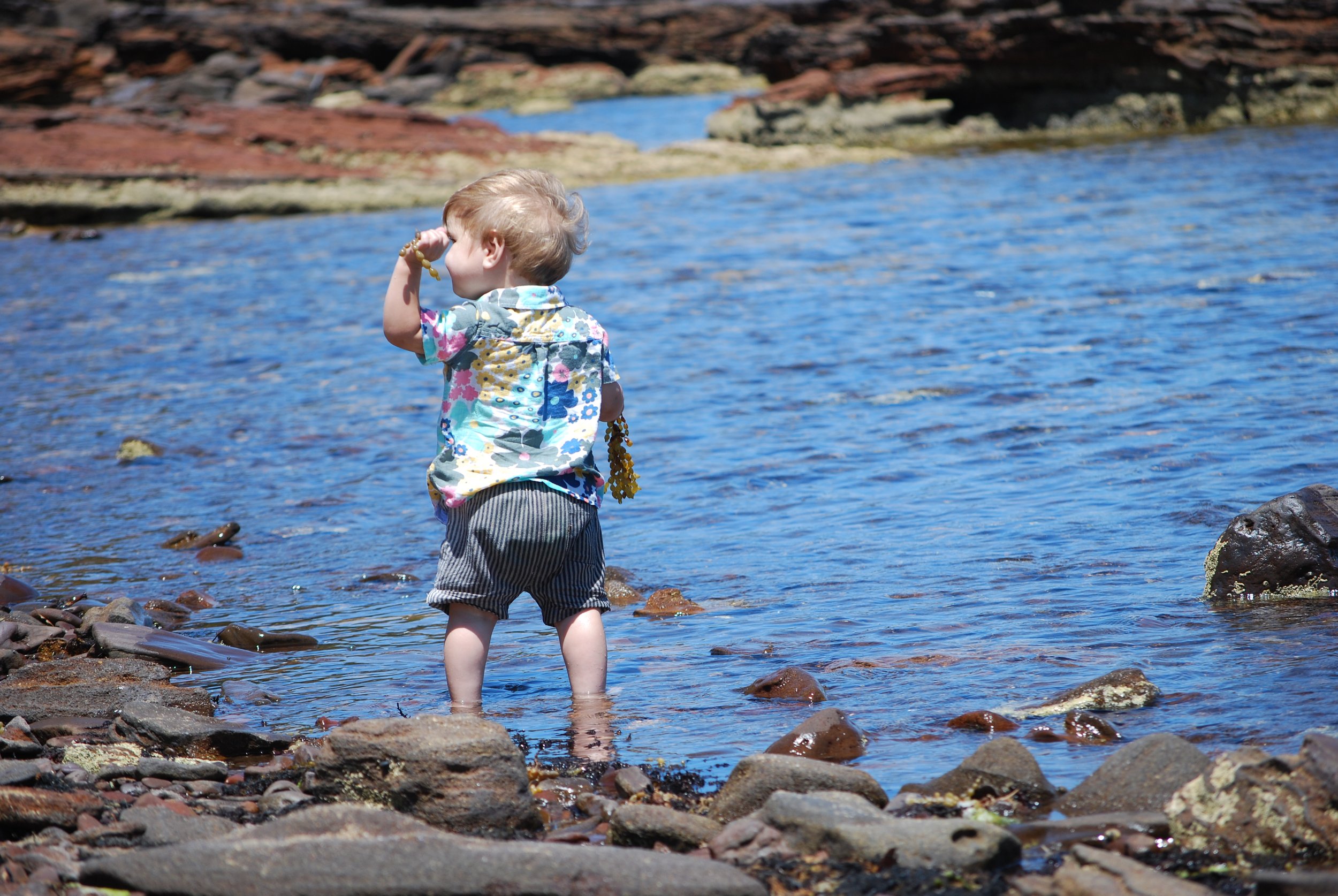Where Can The Children Play?
When you compare your childhood play to that of your children, you will probably notice one, big difference – unstructured play in nature.
Like most adults, my childhood memories of play generally occurred outdoors. With the freedom of children in the 1970s, my friends and our siblings roamed not only our neighbourhood on the Mornington Peninsula but also the undeveloped land surrounding us, where remnant bushland and retired farmland gave us unlimited connection with nature and unsupervised play opportunities from a young age - the instructions to "look after your brother/sister" and "be home before its dark" rang in our ears as we raced out the door.
My own children, fortunate to grow up in the same neighbourhood as both their parents, found their own natural play spaces, even though many of our own were now sub-divided and out of bounds. Their roaming spaces were smaller, and more play occurred in back yards, but there was still plenty of dirt, mud and risk taking going on unseen by parental eyes. Cubby houses, mud pie creations and endless games of imagination went on from dawn to dusk in the summer holidays and on weekends and school days when increasing extracurricular activities permitted.
Another generation is now growing up. My grandchildren are 10, 6 and 2, so not yet an age to roam. And while we are still blessed with green spaces close at hand, even more areas have been sub-divided for housing and increasing fear of predatory adults means unsupervised play is rare now - and likely to be rarer by the time they are of an age to gain such freedom.
There is concern around the world about children's reduced access to natural place spaces and free play outdoors. Our idyllic local environment - where we can access the beach, bushland and rural spaces within a five-minute drive from our front door and have an abundance of community spaces many parts of the world could only dream about - is not to be taken for granted. We need to ensure all children have access to outdoor play.
In today’s busy world, allowing time for children to play has become a scheduled activity, slotted in between afterschool activities or weekend sports events and frequently involves an indoor purpose-designed play centre. Children are often in child-care from infancy, where man-made soft-fall surfaces replace grass and learning about the environment could mean a display on the nature table.
In his international best-seller Last Child In The Woods: Saving Our Children From Nature-Deficit Disorder, Richard Louv discusses how children have become increasingly alienated and distanced from nature. He claims their indoor habits contribute to the obesity epidemic, attention-deficit disorder, isolation and childhood depression.
So – how can we incorporate natural play into our 21st Century lifestyles?
Children need opportunities to explore nature with all their senses, in a free-form style of play where there are no learning outcomes, simply experiences. From climbing trees to racing sticks in flowing water, children will create their own games if allowed the time and opportunities to do so.
As parents, we need to facilitate access to natural spaces and to supervise without choreographing. Accepting risk-taking behavior as an important process, we need to allow for bumps, bruises and even broken bones as part of the learning experience.
Allowing our children to work as a team to build cubby houses, as individuals collecting bugs and as part of the environment by observing plants and wildlife may not seem important yet all involve skills they will take into adult life alongside memories that will last forever. A child pottering around gathering seed pods, rocks or sticks is learning far more than you realise and this hands-on learning is valuable part of their education.
Get outdoors as a family! Join a local community garden. Go for walks in local bushland instead of local shopping centres. Pack a picnic, visit somewhere new and allow the children to roam while you take a backseat to nature as teacher.
Your children will build a childhood they will never forget.






